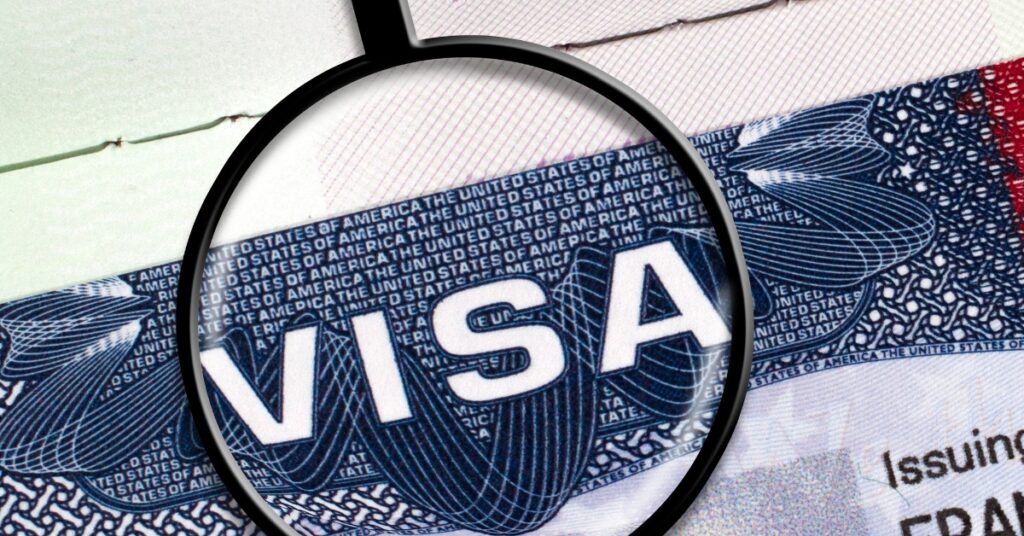Explore the US’s swift implementation of the Israeli Visa Waiver Program, enabling easier travel amidst ongoing conflict. Uncover essential eligibility criteria and delve into criticisms regarding discrimination within the new travel policy.
Table of Contents
As tensions escalate in the Israel-Hamas conflict, the United States has initiated a visa waiver program for Israelis wishing to travel to the US.
The program, officially launched on Thursday, allows Israeli citizens to visit the United States for up to 90 days without requiring a visa.
A Swift Amendment to the Timeline
Previously, the US had announced on September 27 that Israel would be included in the visa waiver program, and Israelis could commence traveling without visas from November 30.
However, in an unexpected move, the Department of Homeland Security (DHS) announced the program’s operational status, effective immediately as of Thursday.
The official statement did not provide any explicit reasons for the altered schedule.
Context of the Conflict
This acceleration in policy comes amidst the intensification of hostilities between Israel and Hamas.
Following Israel’s acceptance into the visa waiver program, Hamas attacked various southern Israel locations.
In response, the Israeli military conducted substantial airstrikes in the Gaza Strip, gearing up for a potential ground invasion.
How the Visa Waiver Program Works
Participating Israelis must first register with the Electronic System for Travel Authorization (ESTA).
This system automates the eligibility determination process for travelers, taking up to 72 hours to complete.
The necessity for an American visa is obviated for those holding biometrically enabled passports, while others still need to apply.
Eligibility Criteria for Countries
Israel joins a list of about 40 countries benefiting from this arrangement, primarily from Europe and Asia.
To be included in the program, countries must fulfill three essential benchmarks.
Israel has satisfied two of these: maintaining a low visa rejection rate and a minimum overstay percentage.
However, challenges have arisen concerning the reciprocal treatment of all US citizens, including Palestinian Americans, when traveling to or transiting through Israel.
Critics argue that despite official US positions, Palestinian Americans continue to face discrimination in their travels to Israel.
Get our best stuff sent straight to you! Join our WhatsApp Channel.







